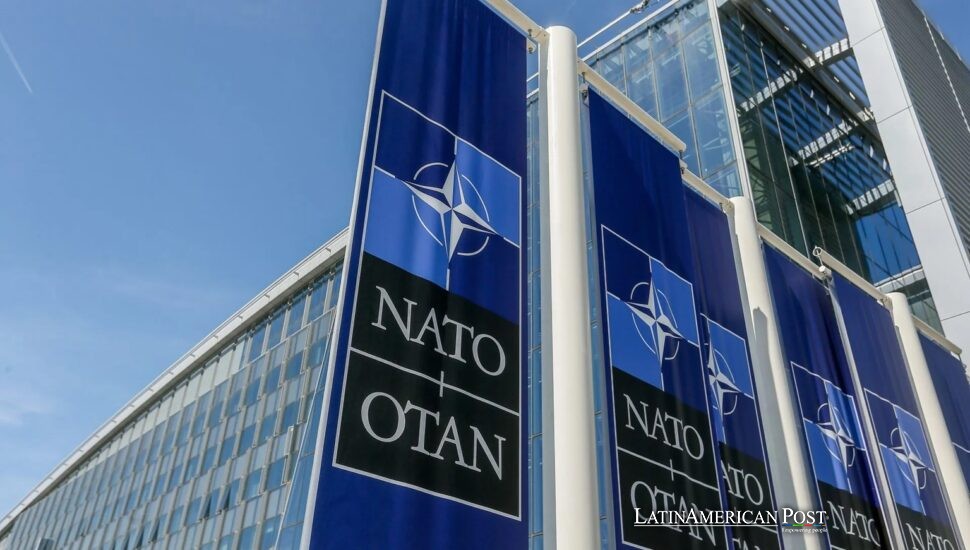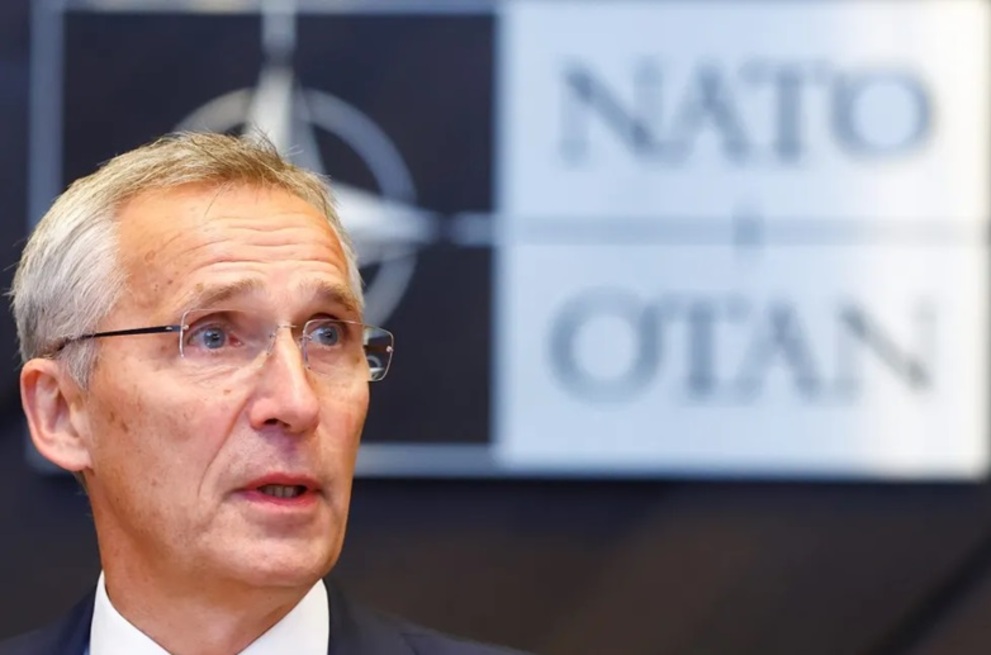Latin America Is Europe’s Missing Ally in a Harder World

Europe wants “strategic autonomy,” but keeps overlooking a natural ally across the Atlantic. Latin America, too often shoved into a vague “Global South” box, holds the resources, geography, and shared interests that could make Europe stronger in a fractured order.
A Partner Europe Keeps Misreading
For thirty years, Europe has framed its Latin America ties in soft tones—culture, aid, democracy projects, and climate cooperation. Security barely figures. The result is a lopsided agenda that leaves a vacuum others are filling with hard assets. China builds ports, fiber, and surveillance systems. Russia sells arms and oil expertise. Iran quietly weaves clandestine networks. And the West finds itself surprised when presidents push back at NATO or bristle at sanctions rhetoric.
This misreading is costly. When NATO’s secretary general warned Brazil about secondary sanctions over Ukraine, and Colombia’s president mused about leaving NATO days later, headlines framed Latin America as a problem child rather than a potential stabilizer. The stereotype endures: drugs, migration, resource plunder, rights abuses. Missing is a more honest lens—Latin America as an Atlantic actor with converging interests in the rule of law, open trade routes, and balanced multipolarity. Europe does not need charity from the region; it requires partnership. Sea lanes must be kept open, minerals diversified, and democratic institutions shored up against coercion. Latin America is not baggage—it is ballast.
A Transatlantic Past Worth Reviving
History shows what partnership looks like. In both World Wars, Latin American nations provisioned Allied armies, protected South Atlantic shipping, and, in Brazil’s case, sent troops to Europe. Then, the region was treated as strategic, not peripheral. Today, Europe’s flagship outreach—Global Gateway—focuses on development financing, not defense. Maritime patrols with Colombia and scattered training programs are token gestures.
If Europe truly seeks autonomy within NATO and resilience in crisis, it needs to revive the Atlantic compact. That means placing defense alongside green transition and digital projects. Spain must act as a bridge not just for business, but for security. Germany, France, Italy, Portugal, and the UK must step forward with maritime cooperation, joint drills, and intelligence sharing. Strategic autonomy is not withdrawal from NATO; it is a European pillar within it. On that foundation, Latin America is not an afterthought—it is an enabler. A trusted partner helping keep seas open, supply chains steady, and crises manageable from the Baltic to the Beagle Channel.
Geopolitics at the Choke Points
The strategic urgency is geographic. As drought and congestion slow the Panama Canal and the Arctic routes spark competition, the Strait of Magellan and Drake Passage become the last uncongested choke points of the Western Hemisphere. Whoever secures those waters shapes global sea lines of communication.
Meanwhile, Russia courts Venezuela, Cuba, and Nicaragua, embedding disinformation campaigns across the continent. China plays the long game: twenty-plus Latin American countries have joined the Belt and Road Initiative, with Chinese firms financing ports, grids, fiber, and defense sales. Iran, more quietly, reactivates networks built decades ago. None of this is speculative. It is cumulative—and disruptive.
Signals from the Southern Cone suggest the countercurrent. Argentina is pushing defense reforms, seeking NATO Global Partner status, and joining multinational maritime forces. Its tilt toward Western systems shows an intent not to antagonize rivals but to preserve open seas. That creates a platform for joint exercises, interoperability, and crisis coordination—precisely the kind of cooperation Europe should embrace. The South Atlantic is not peripheral; it is where Europe’s security interests and Latin America’s geography literally meet.

EFE@Stephanie Lecocq
From Rhetoric to a Roadmap
Turning speeches into strategy means moving beyond development aid and climate summits. Europe needs envoys explicitly tasked with Latin American security cooperation. Their agenda should be concrete: trilateral naval drills with Atlantic allies, intelligence-sharing frameworks, coast guard training, joint cyber defenses, disinformation resilience programs for election authorities and newsrooms, and rapid-reaction mechanisms to protect undersea cables and ports. These initiatives should sit at the same table as green hydrogen corridors, semiconductor supply chains, and 5G standards.
Resources matter. If Europe wants trusted minerals, energy diversification, and democratic supply chains, it must invest with patience and standards that deliver local dividends. That includes lithium, copper, and rare earths, developed under environmental and governance safeguards; responsible oil and shale projects where countries choose; and infrastructure financing that builds resilience without debt traps. Aligning export credits, development banks, and industrial policy can crowd in private capital under a single rules-based umbrella.
Institutionally, expanding dialogues between the EU, NATO, and willing Latin American partners can normalize cooperation without forcing rigid blocs. Those already aligned with Western standards can anchor practical networks; others can join as interests converge. The goal is not to split the hemisphere but to weave a lattice of trust: interoperable navies, resilient supply chains, predictable crisis management.
Strategic autonomy will not come from insularity. It will come from alliances that extend Europe’s reach and options. Latin America is not a footnote in that story. It is the missing ally—anchored in geography, proven in history, and vital to the order Europe seeks to preserve. In a world of contested waterways and weaponized trade, the choice is stark: treat Latin America as another Atlantic co-producer of security and prosperity, or watch others write the script of its future.
Also Read: Colombia Must Relearn Hard Lessons Before History Loops Back Violently
Select quotations and attributions from NATO and regional leaders referenced above were reported by Americas Quarterly.




